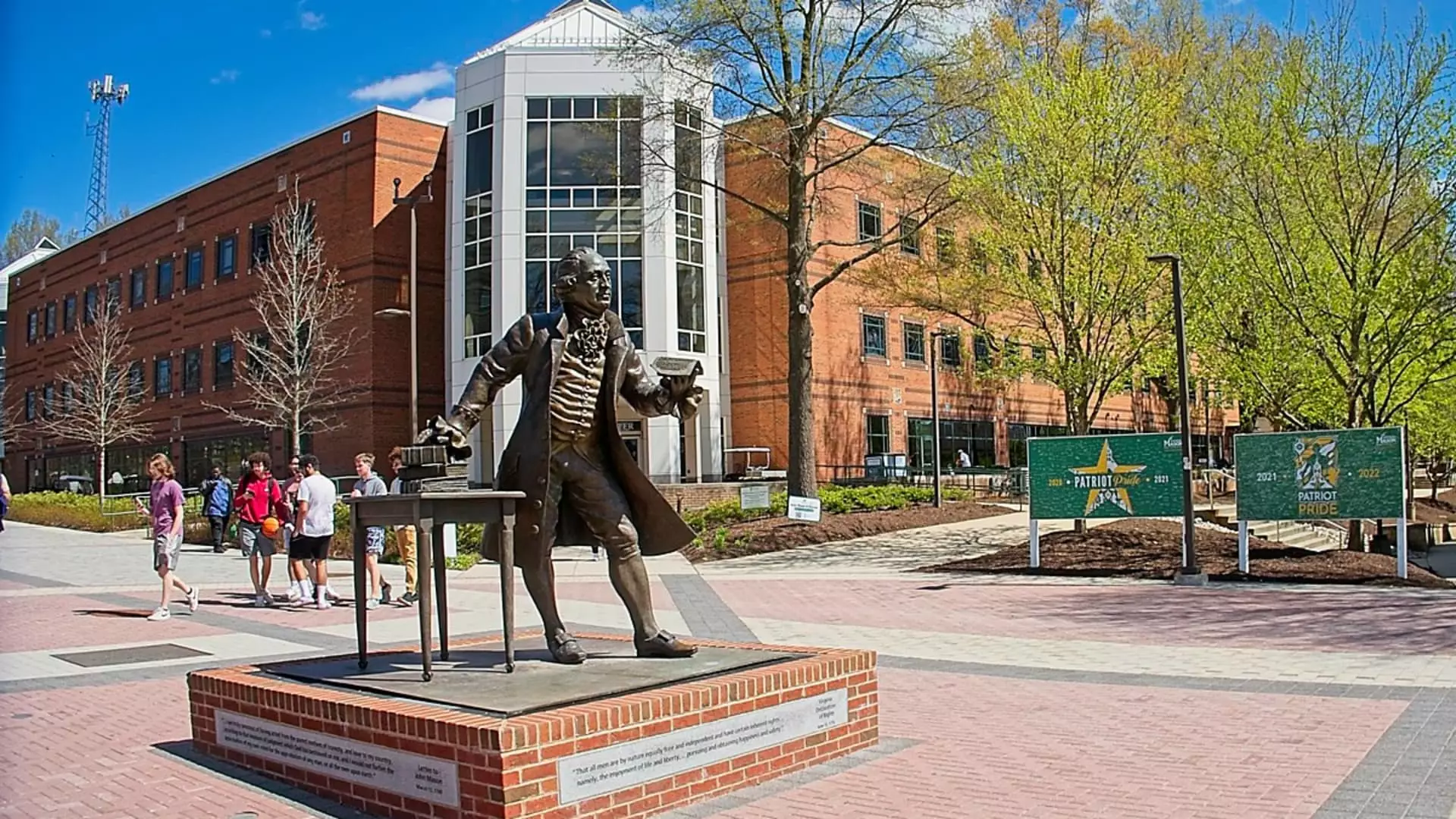In recent months, the federal government’s renewed scrutiny of universities like George Mason University highlights a troubling trend in the American higher education landscape. While the surface of these investigations appears to aim at safeguarding civil rights, the underlying motives seem more aligned with ideologically driven agendas rather than genuine justice. The focus on alleged preferential treatment based on race, especially in institutions that have historically diverged from progressive orthodoxies, exposes a deeper discomfort with the evolving definition of fairness. Public universities, which are supposed to serve as bastions of equal opportunity, are increasingly becoming battlegrounds where out-of-step ideological battles threaten to distort meritocracy.
The narrative propagated by federal agencies suggests that any diversity initiative could be inherently biased or discriminatory. However, this perspective dismisses the nuanced realities of affirmative action and diversity programs — tools intended to level the playing field for historically marginalized groups. What’s often overlooked or deliberately ignored in these investigations is that efforts to promote inclusion are complex, and their implementation can be fraught with unintended consequences. Public discourse has been reduced to a simplistic dichotomy: either reject all race-conscious policies or accept blanket affirmative action, ignoring a middle ground where policies are thoughtfully crafted to balance fairness and opportunity.
The Politics of Identity and Power Dynamics
The recent investigation into GMU, alongside similar probes into the University of Virginia, exemplifies how higher education institutions are increasingly caught in a wider political crossfire. The timing coincides with a broader ideological shift from progressive values to a more conservative stance that perceives diversity initiatives as potential threats to traditional merit-based admissions. This shift isn’t about fairness; it’s about power and control.
Claims that GMU’s policies are “creating a racially hostile environment” seem more like a label used to discipline institutions that challenge the prevailing conservative narrative, rather than valid concerns about civil rights. The focus on “preferential treatment” and “diversity guidance” conveniently ignores the societal disparities that such programs aim to address. It is arguably less about ensuring equality and more about enacting a political vendetta against institutions that have taken steps toward inclusivity. These investigations threaten to undermine efforts to foster a genuinely diverse academic environment—one that embraces multiple perspectives and acknowledges historical injustices without kowtowing to ideological extremes.
The Danger of Politicizing Education
This adversarial approach risks turning universities into political battlegrounds where ideological purity becomes a prerequisite for federal funding. The implications are profound: institutions may retreat from diversity initiatives out of fear of investigation or loss of funding, stifling vital conversations around social equity. The politicization of education feeds an environment where facts and nuanced discussion are replaced by soundbites and ideological dogmas.
Furthermore, targeting institutions with different cultural footprints — like GMU, with its roots in conservative funding, contrasted with traditionally progressive institutions like Berkeley — reveals a troubling double standard. These investigations are less about ensuring compliance with civil rights laws and more about reshaping the ideological landscape of American higher education. It’s a subtle form of censorship designed to silence dissent and promote a specific political agenda under the guise of protecting civil rights.
The Real Motivation: Reshaping the Narrative of Merit and Opportunity
At its core, this ongoing crackdown on universities reflects a fundamental shift in how society perceives meritocracy. The narrative that diversity policies are inherently unfair—or even discriminatory—ignores the fact that traditional academic standards often reinforce existing social inequalities. By scrutinizing efforts to promote equitable representation, critics undermine the university’s role as a vehicle for societal mobility.
The emphasis on race-based preferences is often portrayed as a moral failing; however, it’s a pragmatic response to systemic disparities. In environments where students from underrepresented backgrounds face additional barriers, affirmative action can serve as a necessary corrective rather than an unjust privilege. To dismiss these initiatives outright is to deny the very foundations of social justice that a center-left liberal ideology seeks to uphold—equity, fairness, and equal opportunity.
The Future of Higher Education in a Divided America
As federal investigations continue to target institutions like GMU and UVA, a broader question looms: what kind of society are we building? If universities are seen as battlegrounds for ideological supremacy rather than centers of learning and debate, the very essence of academic freedom is at risk. The danger lies in creating an environment where merit is overshadowed by political loyalty and where the rich diversity of ideas is stifled rather than celebrated.
This trend threatens to fracture the shared principles upon which higher education was built: critical thinking, open dialogue, and an unwavering commitment to fairness and justice. Instead of viewing diversity efforts as part of a moral obligation to achieve societal progress, the current political atmosphere assigns them a suspicious, even nefar


Leave a Reply